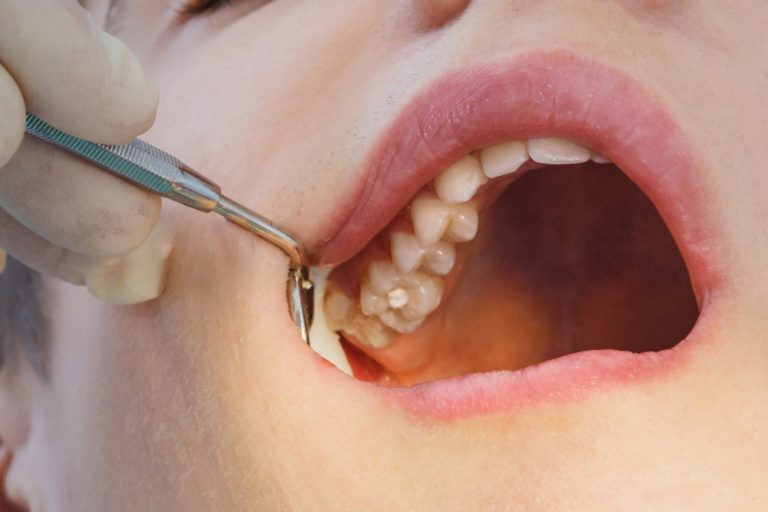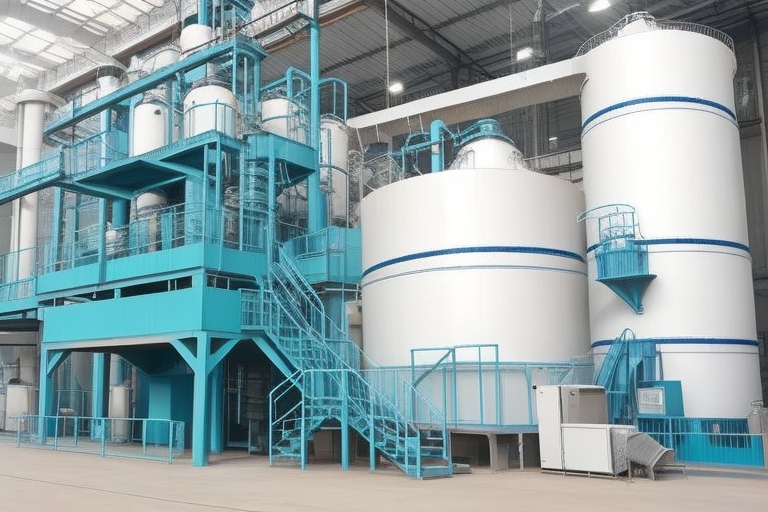
Is Dental Restoration A Better Option Than Dental Extraction?
When it comes to addressing dental issues, the choice between restoration and extraction can significantly impact oral health and overall well-being. Let’s delve into the intricacies of these procedures to understand which is the optimal choice for your dental health.
Understanding Dental Restoration
Restoration dental involves preserving and repairing a damaged or decayed tooth. This procedure aims to restore the tooth’s function, aesthetics, and strength. Various methods, such as fillings, crowns, or root canals, are employed based on the severity of the damage.
Benefits Of Dental Restoration
- Preservation Of Natural Teeth: Restoration allows the preservation of your natural teeth, maintaining the integrity of your dental structure.
- Improved Functionality: By repairing the damaged tooth, restoration enhances its functionality, enabling better chewing and speaking abilities.
- Enhanced Aesthetics: Restorative procedures often result in aesthetically pleasing outcomes, restoring the natural appearance of the tooth.
- Prevents Further Damage: Addressing issues early through restoration can prevent the need for more invasive treatments in the future.
When Is Dental Extraction Necessary?
Dental extraction involves removing a tooth due to irreparable damage, severe decay, overcrowding, or other oral health concerns. This procedure is typically considered when restoration is not a viable option.
Instances Where Extraction Might Be Preferred
- Severe Damage Or Decay: When a tooth is extensively damaged or decayed beyond repair, extraction might be the only viable solution.
- Orthodontic Reasons: In cases of overcrowding or when preparing for orthodontic treatment, extractions may be necessary to create space.
- Risk Of Infection: If a tooth poses a risk of infection that could spread to surrounding teeth and gums, extraction might be recommended.
Choosing Between Restoration And Extraction
The decision between restoration and extraction depends on various factors, including the extent of damage, the tooth’s position, overall oral health, and personal preferences. Consulting a qualified dentist is crucial to evaluate the best course of action for your specific situation.
Considerations For Decision-Making
- Long-Term Implications: Restoration aims to maintain natural teeth, while extraction involves permanent removal. Consider the long-term effects of each option.
- Cost And Time: Restoration procedures can vary in cost and might require multiple visits, whereas extractions might be a quicker but irreversible solution.
- Overall Oral Health: Your dentist can assess how the decision might impact the health of adjacent teeth, gums, and your bite.
Conclusion: Making An Informed Choice
In the realm of dental care, the choice between restoration and extraction is not always straightforward. While restoration focuses on preserving natural teeth, extraction might sometimes be the only viable solution. Consulting with a dental professional is imperative to weigh the options and make an informed decision tailored to your dental health needs. Ultimately, prioritizing oral health and seeking timely intervention can significantly impact long-term dental well-being.
As you navigate the realm of dental care, considering the nuances between restoration and extraction will empower you to make the best decision for your oral health journey.



